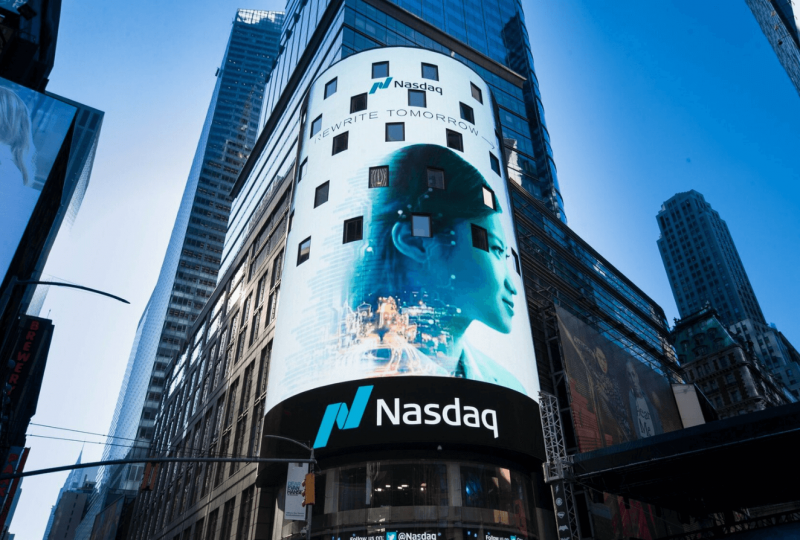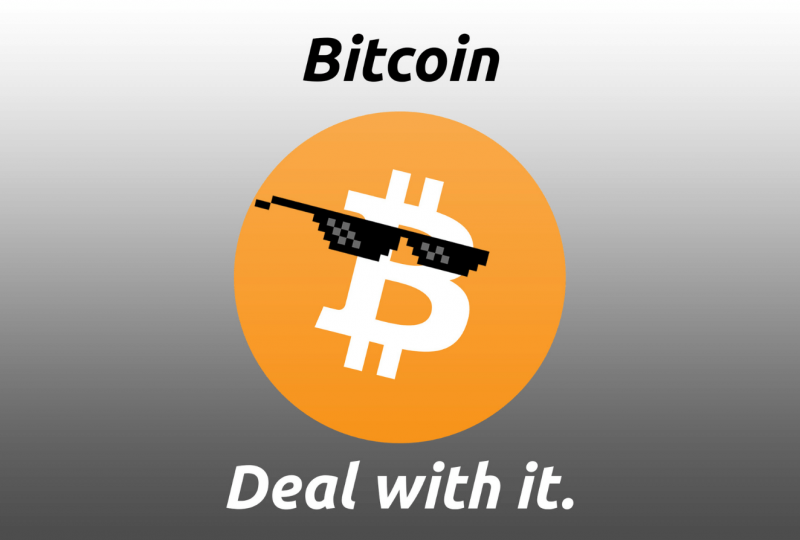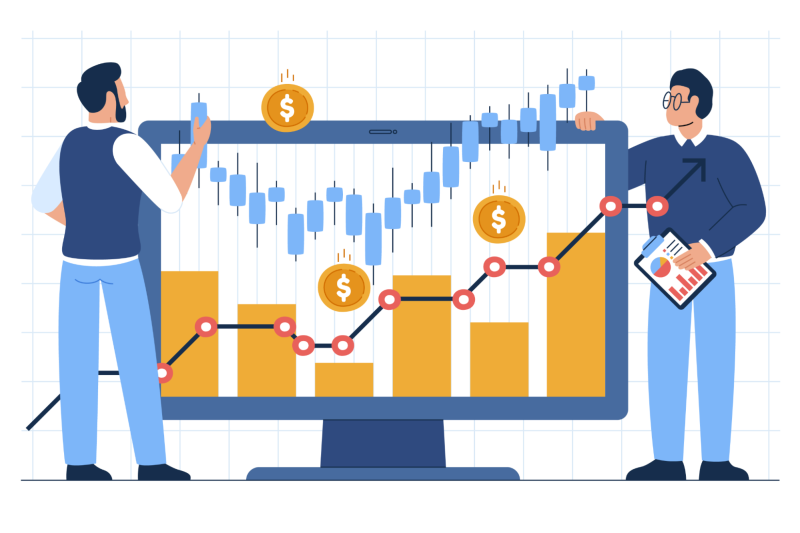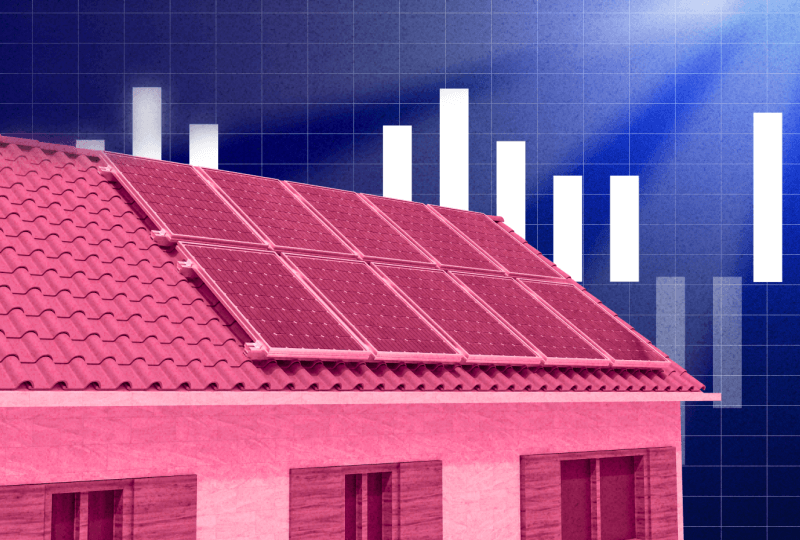Singapore’s Grab Soars 18.6 Percent On Nasdaq Debut Following SPAC Merger
Dec 05, 2021

After making its launch on the Nasdaq Stock Market, Grab Holdings, Southeast Asia's most expensive technological startup, soared 18.6% to $13.06 in opening trade on Thursday.
In April, the Singapore mega app, which offers everything from taxi-hailing and food delivery to electronic payments and banking services, decided to merge with a US-listed special purpose acquisition company (SPAC) in a $39.6 billion agreement. A special meeting held on Tuesday confirmed the merge, which included an investment company supported by Silicon Valley's Altimeter Capital Management.
The deal garnered $4.5 billion, making it the largest Southeast Asian tech company listing in the US and the largest zero-check deal to date.
Ming Maa, Grab's president, said in an interview that he wants to use the money obtained to build his business systematically. The company will concentrate its efforts on three primary areas: delivery, financial services, and e-commerce platforms.
While the company's activities are in Southeast Asia, Maa explained that it chose to list on the Nasdaq to have access to a deep and liquid market for tech firms.
He noted that the company's decision to list through a merger with a SPAC was the correct one. The approach is perfect because it provides more time to identify the proper partners and understand how to transition from a private company to a publicly-traded one.
The Grab launch is a litmus test for SPACs, which were among the biggest fundraising fads in the world in 2020 and earlier this year. Fundraising operations have slowed in recent months, as authorities in the United States expressed doubts about the handling for warrants linked with these investment vehicles, as well as the bright forecasts used by certain target firms before their listings.
SPACs usually do not have any established business. They are founded solely to recruit investors, create financial war chests, and purchase assets, mostly unlisted firms, within a certain time frame, typically 18 to 24 months.
According to SPAC Analytics, a research company focusing on investment vehicles, these blank-check corporations have raised a total of US$151 billion this year for acquisitions, with the majority of it coming in the first quarter. This is almost double the $83.4 billion raised in 2018 and the $13.6 billion raised in 2019.
This year's SPAC frenzy pushed several of Hong Kong's largest investors to establish their vehicles in the United States and compelled market operators from Singapore to Hong Kong to implement new regulations, allowing these blank-cheque firms to list.
After the United Kingdom revised its regulations to start competing for these firms, the London Stock Exchange attracted its first SPAC listing last week.
Grab, which was started in 2012 as Malaysia's equivalent to taxi booking applications in the United States, has grown into a digital behemoth that offers everything from ride-hailing to banking services. It has a presence in eight Southeast Asian markets.
Grab's entire gross merchandise worth - the total sum of goods sold through its platform - increased 32% to $4.03 billion in the third quarter.
The Covid-19 outbreak, according to Maa, has produced difficulties for the business sector, but it has also offered chances for Grab. The lockdowns have spurred digital adoption in Southeast Asia by encouraging more people to use digital banks and other e-commerce services.
According to the e-Conomy SEA 2021 report, around 40 million new internet users joined this year.
The firm continues to be unreliable, with its quarterly losses increasing to $988 million in the third quarter, mostly due to non-cash merger-related charges. This compares to a net loss of $621 million in the previous year.
In the third quarter, gross merchandise value in its delivery sector climbed by 63% to $2.3 billion.
In addition, the firm reported a "rapid rebound" in ride-hailing demand in the first four weeks of the fourth quarter, as coronavirus vaccination rates increased and Vietnam started to ease restrictions.




